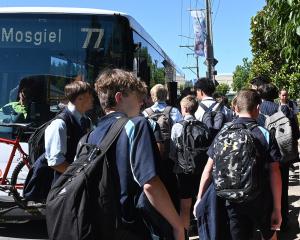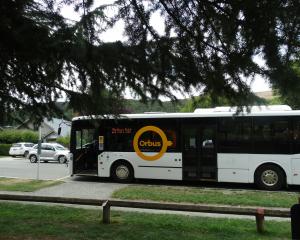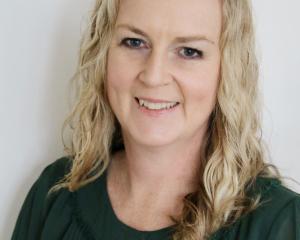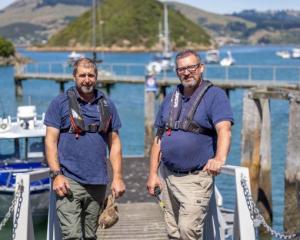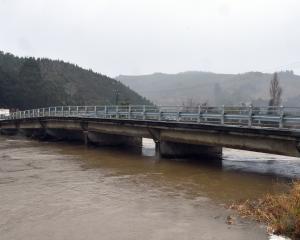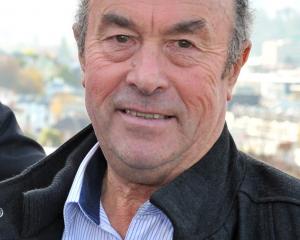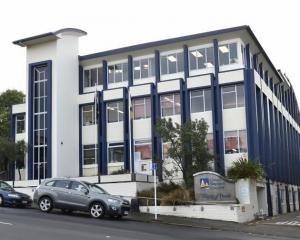"Absolutely not," regional council corporate services director Wayne Scott said yesterday when it was suggested by Cr David Shepherd that the regional council's proposal to drop its rates on the stadium by half "closely balanced" with the city council's rates decision and the stadium management company's budget of $200,000.
"That is not our problem and it was certainly not a criteria," Mr Scott said at a finance and corporate meeting yesterday.
"I did not have a discussion with the city."
Cr Gerry Eckhoff said it was just another "partial subsidy" for the stadium.
He voted against the committee's decision to go ahead with charging about $74,000 in rates, instead of the original estimate of $156,500, cutting the urban flood protection rate from about $105,000 to about $23,400.
Mr Scott said the issue was "solely" the flood rate and, if left at the original level, would have meant everyone else in the rating area got a 20% discount just because the stadium "came on stream".
It was confirmed yesterday, the council's estimates of the value of the stadium facilities were correct, with $153 million rateable.
The only change was the high performance centre which, at a capital value of $5 million, was 100% rateable rather than 50%.
The rating decision was made on a basis of "reasonableness" and he and chief executive Graeme Martin considered 4% of the flood protection rate was "fair and reasonable" considering the stadium's position in the area and the benefit it received, Mr Scott said.
"It is subjective."
The council had used the reasonableness test on dams and rated as a result. It had also used the test in cases such as the Cadbury factory but had not changed its rates.
Cr Michael Deaker said the test for "reasonableness" seemed a bit "finger-in-the-wind".
"I'd be more comfortable if there was a more systematic approach or criteria."
Mr Martin said it was important the council looked at the highest rated properties to ensure the rates charged were reasonable for the purpose of the rate and how it fitted with other properties in the area.
"While it is close to the river, it's not fully floodable but does have a high capital value."
How much a business or individual owned or earned did not impact on the decision, he said.
It was pointed out the council's endeavours to rate Contact Energy for the Clyde dam ended up in court for 12 years and a lower rate was in the end imposed by the court.
The council also lost 12 years of rates.
Chairman Stephen Woodhead said it was not a subsidy.
"Yes it is a bit finger-in-the-wind but looks reasonable to me."


